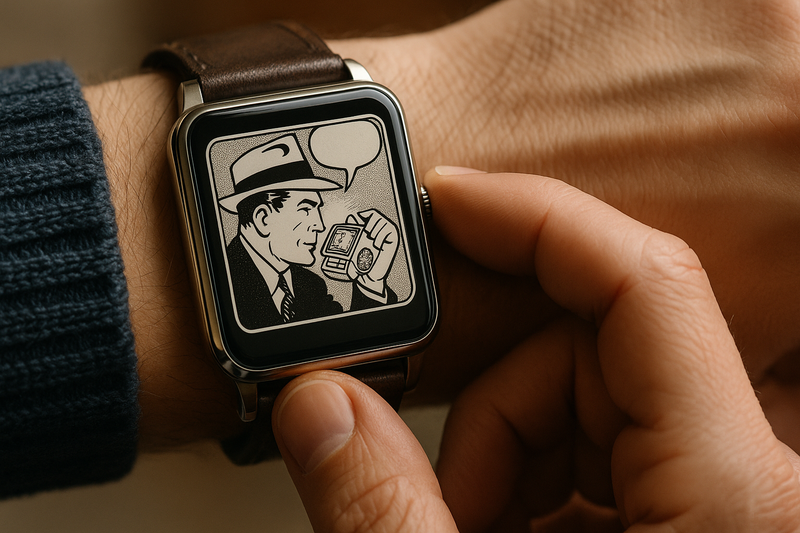Qonversations Home Page
Front of mind

In a world where six-pack abs are flaunted more than six-point health plans, who are we really trusting with our well-being? Consultant Aesthetic and Plastic Surgeon, Dr Ali Ghanem, cuts through the noise in a candid conversation with Qonversations — unpacking the layered relationship between health, social media, influence, and longevity. Dr Ghanem, in an interview with Ismail Akwei, begins with a stark reminder: “Health is life.” He challenges the outdated definition of health as merely the absence of disease and instead argues for a reimagined standard — optimal functioning across body and mind. You may be disease-free, but if your cognitive function, mobility, or digestion isn’t thriving, you’re missing the very essence of life.
READ MORE Continue reading Longevity, influence and the social media trap: Who do we trust with our health?
In the era of social media, post-COVID, and with mental health at the forefront, a shift is taking place in how people perceive well-being. As a new approach that looks beyond traditional medicine gains popularity, one voice stands out: Natalie Lefevre, a longevity expert whose journey from personal health struggles to keynote speaker and influencer has inspired many. “I believe we’re in a major paradigm shift,” Natalie explains. According to the health optimisation expert, who was misdiagnosed 18 years ago, conventional systems often fail to address the root causes of illness. Instead, she advocates for a proactive, investigative approach to health—one that emphasizes prevention, self-awareness, and personal responsibility.
READ MORE Continue reading Is there a secret to longevity? This health expert says 1,000% yesTalking points
Latest News




